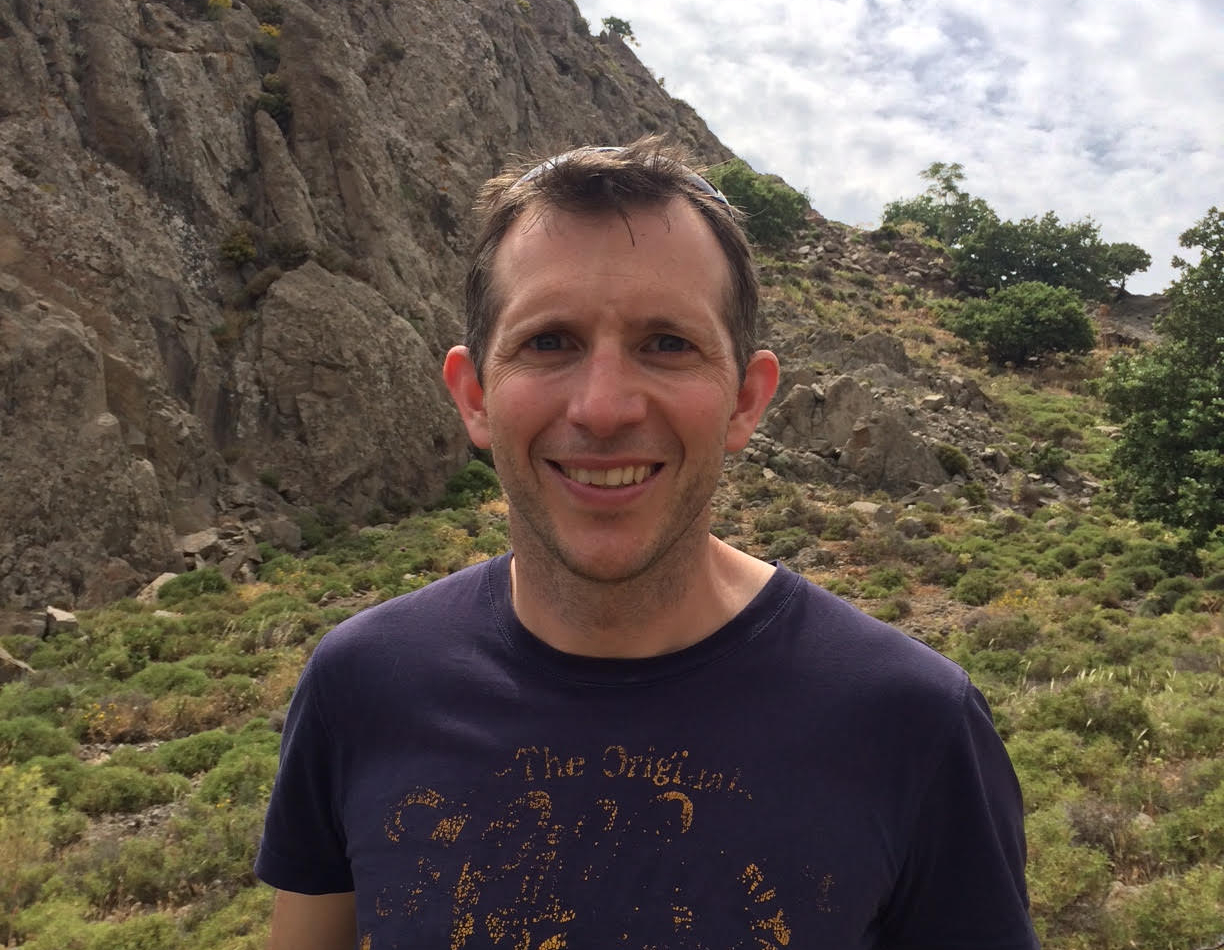Summary: Received her PhD in 2013 from the University of Alaska Fairbanks with a specialty in Igneous Petrology and Volcanology. After a post-doc and a spell as a geologist for the British Government, she now runs her own scientific editing and consulting business (Tornillo Scientific). She continues to be actively involved in research.
“Despite taking the plunge to leave academia behind, and despite putting my family first, I had succeeded in building a career/business that allowed me to support my family and still be part of the wider Earth science community.”
Continue reading

 Current occupation: Combustion Engineer at Rolls-Royce
Current occupation: Combustion Engineer at Rolls-Royce